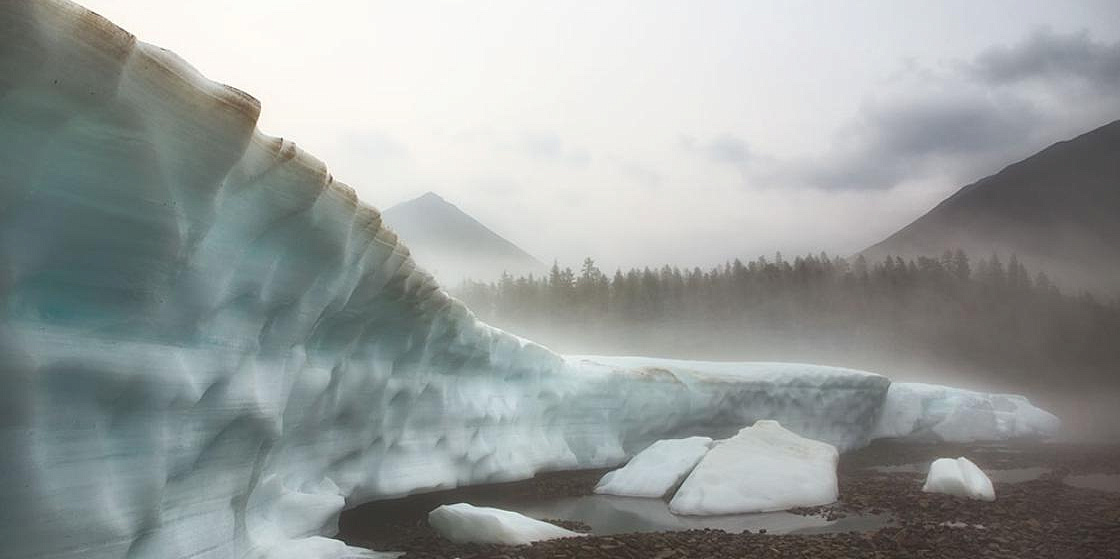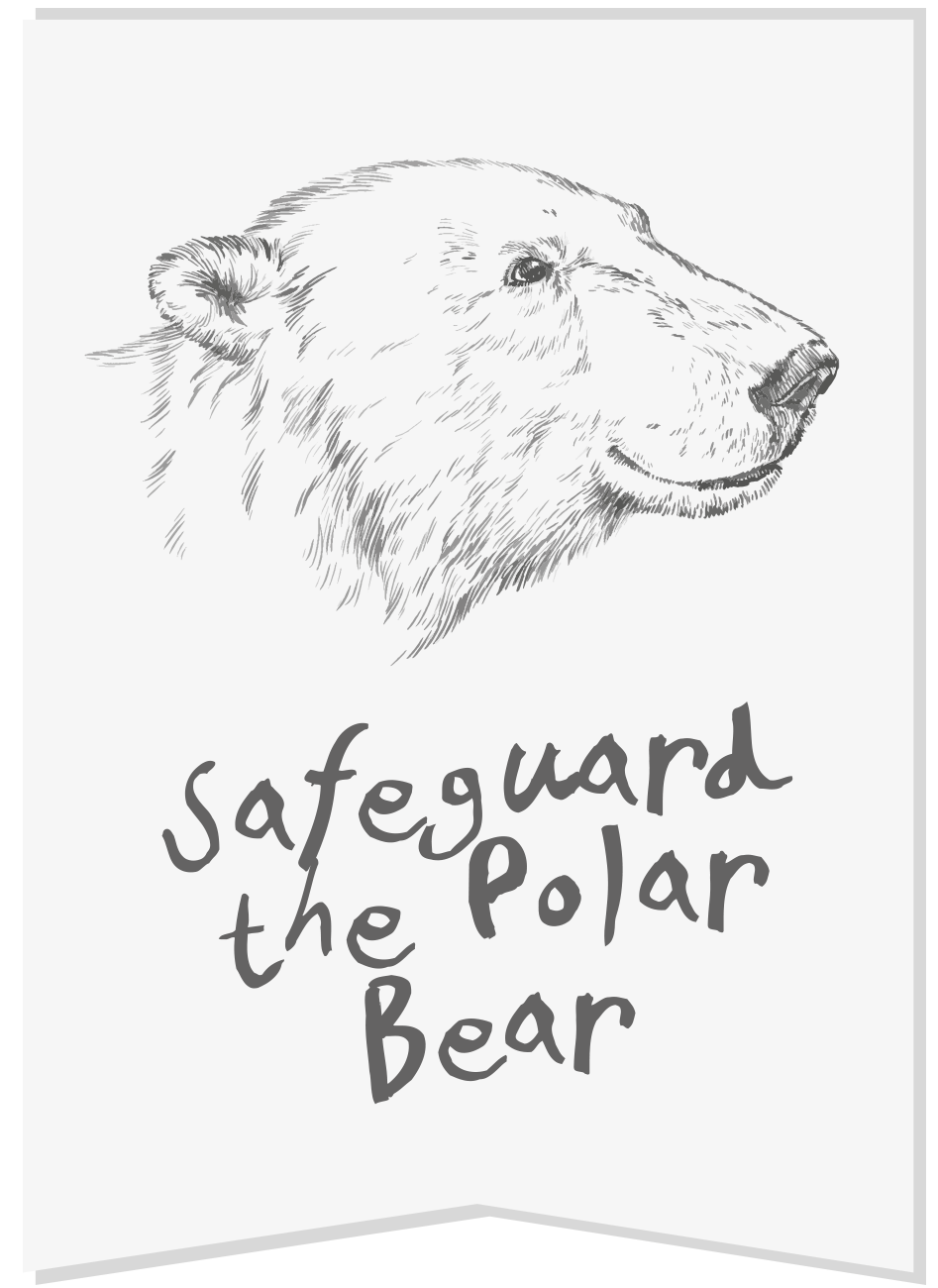
Photo: Karpukhin Sergey
Russia Suggests Ensuring Biological Safety in High North
Russia has come up with an initiative to establish a biosafety project in the Arctic Council, said Nikolay Korchunov, ambassador at large at the Russian Ministry of Foreign Affairs who chairs the Committee of Senior Officials at the Arctic Council.
The project will focus on studying the risks and possible effects posed by the thawing of permafrost. It will be tasked with addressing the whole range of hazards related to permafrost degradation and future infectious diseases. “We should be ready to counter such threats in a timely and effective manner”, said the senior Russian diplomat. The project’s specific objectives and action plan are yet to be developed.
The issue appears to be more pressing than it might seem. The melting of permafrost could bring parts of ancient ecosystems to the surface thus causing the reemergence of microorganisms which may have been frozen since at least the last ice age, researchers say. Such microorganisms -- bacteria and viruses -- may be harmful for the existing forms of life, including humans. Given the realities of a globalized world, ancient microorganisms may rapidly spread from the Arctic to the rest of the planet.
The aforementioned is yet another part of the permafrost problem facing Russia. To address the challenge, work is underway with a view to establishing a nationwide system for permafrost monitoring. In turn, PORA is about to launch its “Not-So-Permanent Permafrost” project, an online platform accumulating information and research data on permafrost to facilitate decision-making and designing strategies on this matter.
Arctic Today is a column by PORA CEO Alexander Stotskiy analyzing major international, national and regional events and trends in the Arctic.
The project will focus on studying the risks and possible effects posed by the thawing of permafrost. It will be tasked with addressing the whole range of hazards related to permafrost degradation and future infectious diseases. “We should be ready to counter such threats in a timely and effective manner”, said the senior Russian diplomat. The project’s specific objectives and action plan are yet to be developed.
The issue appears to be more pressing than it might seem. The melting of permafrost could bring parts of ancient ecosystems to the surface thus causing the reemergence of microorganisms which may have been frozen since at least the last ice age, researchers say. Such microorganisms -- bacteria and viruses -- may be harmful for the existing forms of life, including humans. Given the realities of a globalized world, ancient microorganisms may rapidly spread from the Arctic to the rest of the planet.
The aforementioned is yet another part of the permafrost problem facing Russia. To address the challenge, work is underway with a view to establishing a nationwide system for permafrost monitoring. In turn, PORA is about to launch its “Not-So-Permanent Permafrost” project, an online platform accumulating information and research data on permafrost to facilitate decision-making and designing strategies on this matter.
Arctic Today is a column by PORA CEO Alexander Stotskiy analyzing major international, national and regional events and trends in the Arctic.
14 December 2021




